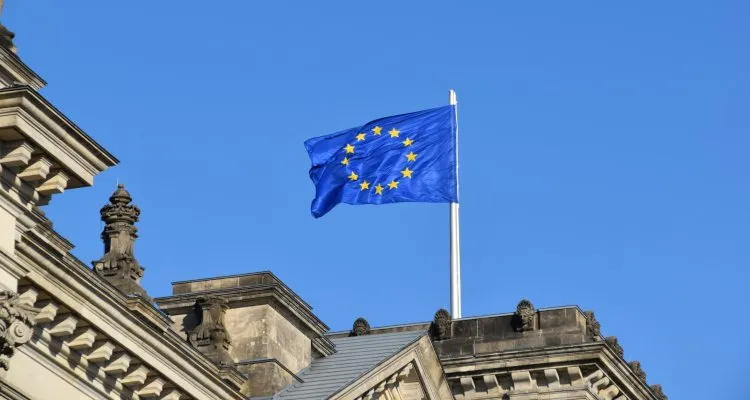Photo Credit: Waldemar
A European Parliament vote has set the stage for final negotiations on the AI Act, which EU officials are billing as “the world’s first rules on artificial intelligence.” Meanwhile, early music industry responses to the sweeping legislation’s progress appear positive.
The European Parliament announced the AI Act’s moving “a step closer” to passage via a formal release today, after the Committee on Industry, Research and Energy as well as the Committee on Civil Liberties, Justice and Home Affairs green lit the aforesaid negotiating mandate.
Approved by 84 votes in favor (accompanied by seven votes against and 12 abstentions), the mandate features several proposed changes to the voluminous AI Act framework introduced by the European Commission back in 2021. Needless to say, artificial intelligence (including its prevalence and its applications) has developed dramatically in the interim as part of an ongoing evolution that’s showing few signs of slowing down.
According to the EU’s summary of lawmakers’ suggested changes to the AI Act, the involved MEPs “substantially amended” a list of prohibited practices “to include bans on intrusive and discriminatory uses of AI systems.” Among these uses are real-time biometric identifications in public spaces and the “indiscriminate scraping of biometric data from social media or CCTV footage to create facial recognition databases.”
Similarly, expansions are said to have reached components of the legislation concerning “high-risk AI” (now including “harm to people’s health, safety, fundamental rights or the environment”), rule exemptions (“for research activities and AI components provided under open-source licenses”), and, of course, protected media such as music.
“Generative foundation models, like GPT, would have to comply with additional transparency requirements, like disclosing that the content was generated by AI, designing the model to prevent it from generating illegal content and publishing summaries of copyrighted data used for training,” reads the EU’s summary of the multifaceted development.
Brussels’ GESAC reached out to Digital Music News with an early response to the latter suggestions and the “welcome” vote on the AI Act.
“Transparency and accountability standards are necessary as regards data sets used to train AI tools that generate new content based on preexisting works of authors,” said GESAC GM Véronique Desbrosses. “We welcome the positive direction taken in the European Parliament and trust that this will be translated into a clear and effective obligation in the final version of the AI Act.”
In terms of when this version may arrive, the previously noted release pertaining to the committee votes indicates that the entire European Parliament will have to endorse the draft negotiating mandate before talks can begin with the European Council “on the final form of the law.” The corresponding vote is expected to take place during the June 12th-15th plenary session.

